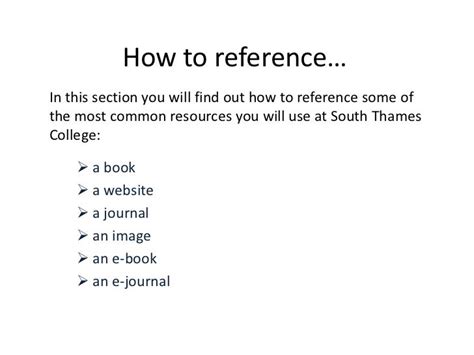Character Reference Explained: Definition And Usage In English

Character reference is a recommendation or testimonial provided by someone who knows you well and can vouch for your personal qualities, such as your honesty, integrity, dependability, and work ethic. Character references are typically requested by employers, landlords, lenders, or other individuals or entities that need to assess your suitability for a job, tenancy, loan, or other opportunity or service.
Why are character references important?
Character references are important because they can provide an objective and independent assessment of your character and suitability for a particular role or responsibility. Unlike professional references, which focus on your skills, qualifications, and experience, character references highlight your personal qualities and traits that are relevant to the job or opportunity you’re applying for.
When are character references needed?
Character references may be requested in a variety of situations, such as:
- Job applications: Some employers may ask for character references as part of their hiring process, especially for positions that involve trust, confidentiality, or public-facing roles.
- Tenant screening: Landlords or property managers may ask for character references to assess a potential tenant’s reliability, responsibility, and ability to pay rent.
- Loan applications: Lenders may request character references to verify a borrower’s character and willingness to repay a loan.
- Immigration applications: Character references may be required as part of a visa or citizenship application to demonstrate the applicant’s good character and reputation.
- Custody or adoption cases: Character references may be submitted as evidence of a parent’s or guardian’s character, parenting skills, and ability to provide a stable and nurturing environment for a child.
Who can provide character references?
Character references can be provided by anyone who knows you well and can attest to your character and personal qualities. This may include:
- Friends
- Family members
- Colleagues or coworkers
- Teachers or professors
- Religious leaders
- Community leaders
How to request a character reference
If you need a character reference, you should approach potential referees in advance and ask them if they would be willing to provide a reference for you. Be clear about the purpose of the reference and the qualities or traits that you would like them to highlight. Provide them with any relevant information or documentation that they may need to write an effective reference, such as your resume or job description.
How to write a character reference
If you are asked to write a character reference, you should:
- Begin with a brief introduction of yourself and your relationship with the candidate
- Describe the candidate’s personal qualities and strengths, providing specific examples or anecdotes to illustrate your points
- Explain why you believe the candidate is suitable for the role or opportunity they are applying for
- Provide your contact information in case the recipient of the reference wishes to follow up with you
Make sure that your reference is honest, accurate, and relevant to the purpose of the request. Avoid making unsupported or exaggerated claims, and stick to the facts and your personal observations.
Conclusion
Character references can be a valuable tool for assessing a person’s character and suitability for a particular role or opportunity. By providing an independent and objective assessment of a person’s personal qualities, character references can help employers, landlords, lenders, and other decision-makers make informed and responsible decisions.
FAQs
What is the difference between a character reference and a professional reference?
A character reference focuses on a person’s personal qualities and traits, while a professional reference focuses on their skills, qualifications, and experience. Character references are typically provided by friends, family members, or other individuals who know the person well, while professional references are usually provided by former or current employers, colleagues, or supervisors.
How many character references do I need?
This depends on the requirements of the person or entity requesting the references. Some may ask for only one or two references, while others may require more. It’s best to ask the requester how many references they need and who they would like you to approach.
Can I use the same character references for multiple applications?
Yes, you can use the same references for multiple applications as long as they are relevant to the purpose of the request and the requester approves. However, it’s always a good idea to ask the requester if they need a specific reference for a particular opportunity or service.
What should I do if I don’t have any suitable character references?
If you don’t have any suitable character references, you can try to build your network by volunteering, participating in community events, or joining professional associations. You can also ask former teachers, coaches, or mentors who know you well and can vouch for your character and personal qualities.
